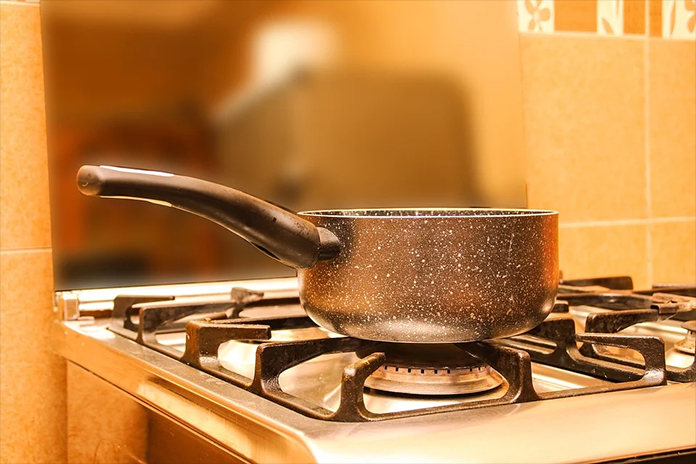
MANCHESTER – The township has had a couple of water woes recently. The Department of Public Works responded to those issues, one of which awaits state confirmation.
Residents of the Leisure Village West Development in the township had to endure a water service interruption following a water main break that was fixed on February 24.
Manchester East Water Utility notified residents in that area that a water main break had occurred at Chatham Lane and Buckingham Drive, in the Leisure Village West Development. This caused customers within that service area to be without water while repairs were underway.
A potential or actual threat to the quality of water being provided to those residents existed and as a precaution, the utility implemented a limited Boil Water Advisory until testing of the water supply was deemed satisfactory.
“The work is complete and road was open yesterday at 6 p.m.,” Township Clerk Sabina Martin told The Manchester Times on February 25.
A water boiling advisory was also issued by the township police department on February 25 concerning an area of Whiting. The advisory concerned an issue with a chlorine pump that staff of the clerk’s office said had been fixed but was awaiting State Department of Environmental Protection certification in order for the system to begin operating again. It was unknown if that would be done by the end of the work day on February 25.
While neither occurrence had anything to do with the current COVID-19 pandemic the township’s website includes a reminder to residents about the coronavirus, drinking water and wastewater.
It states that “there is no higher priority for Environmental Protection Agency (EPA) than protecting the health and safety of Americans. The EPA is providing this important information about COVID-19 as it relates to drinking water and wastewater to provide clarity to the public. The COVID-19 virus has not been detected in drinking-water supplies. Based on current evidence, the risk to water supplies is low.”
“Americans can continue to use and drink water from their tap as usual. EPA also encourages the public to help keep household plumbing and our nation’s water infrastructure operating properly by only flushing toilet paper. Disinfecting wipes and other items should be disposed of in the trash, not the toilet,” the reminder states.
EPA Administrator Andrew Wheeler sent a letter to all the governors in the United States, territories, tribes and Washington, DC, requesting that water and wastewater workers, as well as the manufacturers and suppliers who provide vital services and materials to the water sector, are considered essential workers and businesses by state authorities when enacting restrictions to curb the spread of COVID-19.
“Our critical water infrastructure and its operators ensure the safe supply of water to our homes and hospitals, and depend on treatment chemicals, laboratory supplies and related goods and materials,” the letters to local leaders from Administrator Wheeler stated.
The EPA provided a template that states, tribes, localities, water utilities and technical assistance providers can use to provide documentation to workers that are considered essential.
The agency also supports states and cities that have already taken proactive measures to ensure continued access to clean water for drinking and handwashing during the COVID- 19 pandemic.
Many drinking water systems are discontinuing service cut-offs, restoring service to customers whose service was previously cut-off, and refraining from imposing penalties for nonpayment. EPA recommends widespread adoption of these practices, which provide critical support for public health.
The World Health Organization has stated that the, “presence of the COVID-19 virus has not been detected in drinking-water supplies and based on current evidence the risk to water supplies is low.” For additional information on COVID-19 and drinking water, you can refer to EPA’s website: epa.gov/coronavirus/coronavirus-and-drinking-water-and-wastewater.






